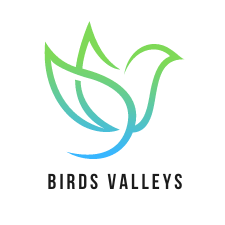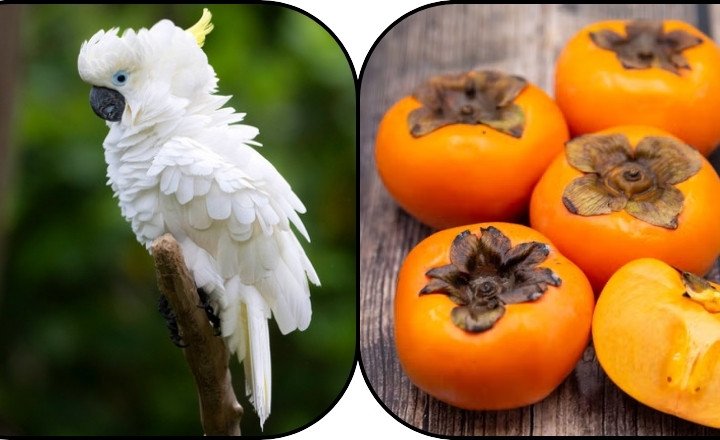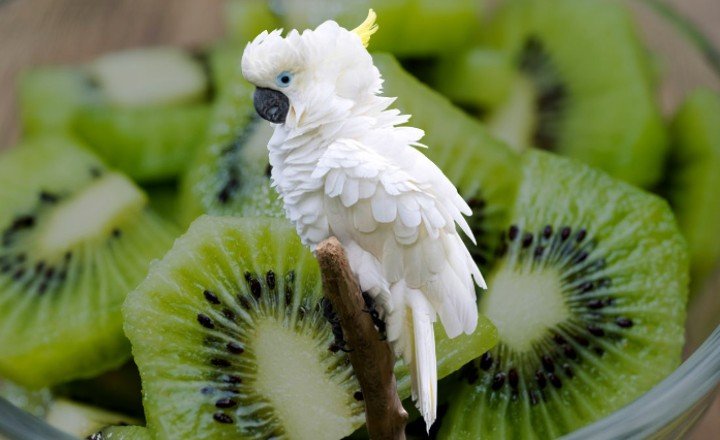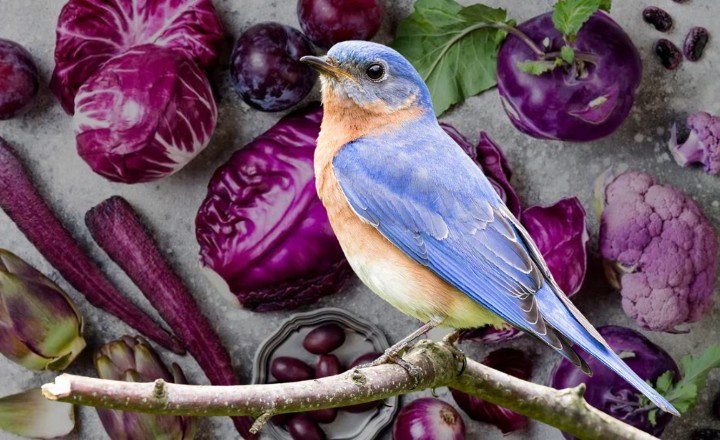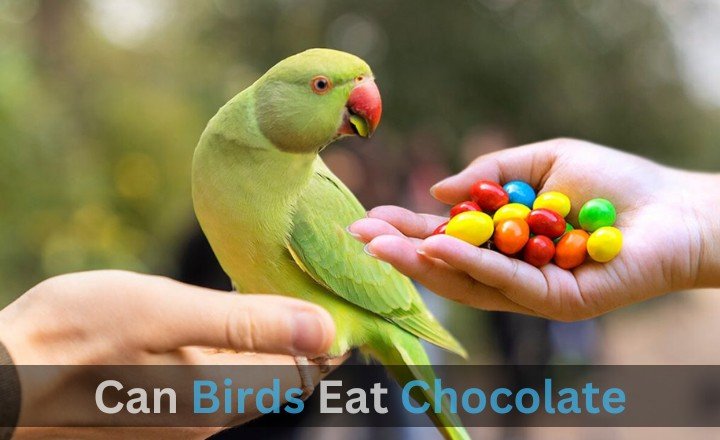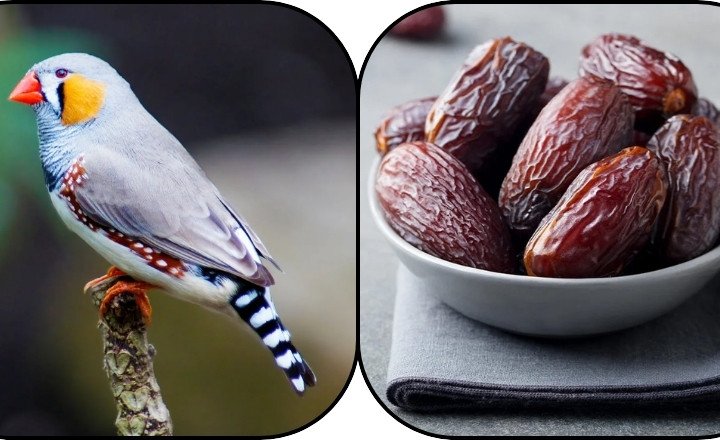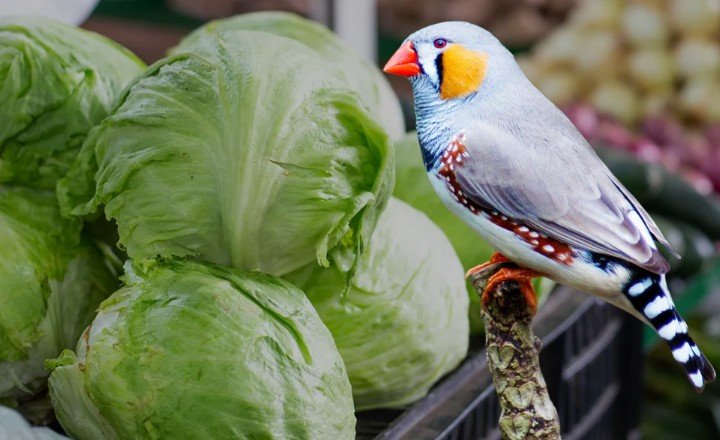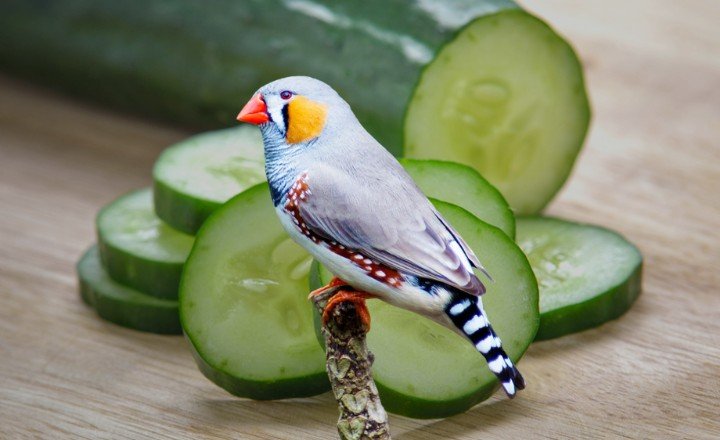Can Birds Eat Persimmons? Is It Notorious For the Birds
As a birdwatching enthusiast, I often find myself captivated not just by the vibrant plumage and melodic songs of our feathered friends, but also by their diverse diets. One crisp autumn day, while observing a flock of American robins flitting about in my backyard, I couldn’t help but notice them feasting on the bright orange persimmons hanging from my tree. This prompted an intriguing question, can birds eat persimmons? And more importantly, are these sweet fruits nutritious for them?
In this article, we unravel the mysteries behind what makes these fruits appealing to our winged companions!
What are Persimmons?
Persimmons, often considered a hidden gem among fruits, are not just visually appealing with their vibrant orange hue but also pack a punch in terms of flavor and versatility. Native to East Asia, these luscious fruits have been cultivated for thousands of years and come in various types most notably the sweet Fuyu and the honey-like Hachiya. While they can be enjoyed fresh, their myriad culinary possibilities extend beyond mere snacking; persimmons can be incorporated into Rice Cakes for an intriguing fusion dish that marries sweetness with texture.
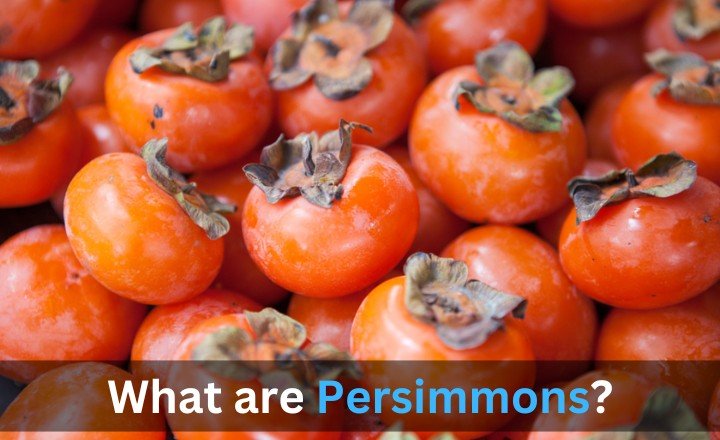
When used as a topping or filling, persimmons introduce a delightful juiciness that perfectly complements the chewy consistency of rice cakes. Their soft flesh lends itself beautifully to both savory and sweet preparations they can be sliced thinly and added atop warm rice cakes drizzled with honey for an irresistible dessert or blended into smoothies for breakfast on the go.
Can Birds Eat Persimmons?
Persimmons, with their sweet and rich flavor, not only tantalize the human palate but also present an intriguing dietary option for various bird species. While not a primary food source, many birds are drawn to ripe persimmons as they provide a burst of energy crucial during migration seasons. Species like robins and mockingbirds have been observed feasting on these delectable fruits when they’re in season.
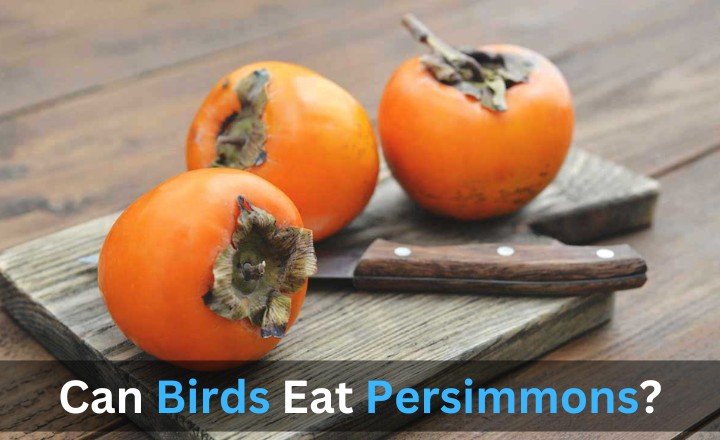
Raptors such as Hawks and Owls might not directly consume persimmons but can play an important role in the ecosystem surrounding these trees. By controlling pest populations that could threaten fruit yield or bird forage sources, these formidable predators ensure a balanced environment that indirectly supports fruit-bearing plants like persimmons.
This interconnection showcases nature’s complexity where each species, even those who seemingly dine exclusively on other creatures, contributes to the life cycle of plants that attract smaller birds looking for energy-rich snacks.
Are Persimmons Nutritious For the Birds?
Those vibrant orange fruits often associated with fall, are not only a delight for humans but can also play a role in avian diets. Green Birds, particularly species like parrots and parakeets, are drawn to the sweet flesh of ripe persimmons. These fruits provide an excellent source of vitamins A and C, promoting healthy feathers and immune function. While green birds may enjoy the taste, they also benefit from the antioxidants found in persimmons, which help to combat oxidative stress a common threat in their natural environments.
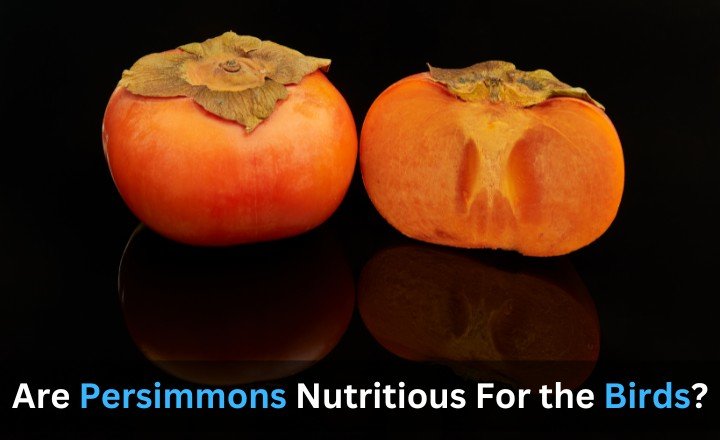
On the other hand, White Birds such as cockatoos or doves appreciate the unique texture of persimmons too. Incorporating these fruits into their diet can help maintain hydration and contribute essential nutrients that enhance metabolic functions. Feeding persimmons can foster social behaviors among white birds since sharing such treats promotes bonding within flocks.
Advantages of Persimmons For the Birds
Persimmons offer numerous advantages for birds, particularly black and brown species that thrive on their sweet, nutrient-rich fruit. One of the standout benefits of persimmons is their high sugar content, which provides a quick energy source essential for birds during migration or demanding nesting periods. Black Birds and thrushes are often drawn to these luscious fruits, finding in them a feast that not only fuels their bodies but also supports robust breeding cycles. The soft texture of ripe persimmons allows these birds to ingest the fruit easily, minimizing energy expenditure a crucial factor when every calorie counts.
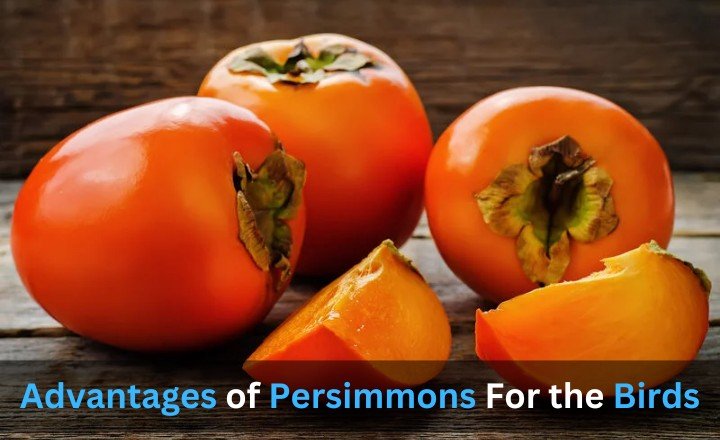
Persimmons contribute to avian health by providing essential vitamins and antioxidants. They are particularly rich in vitamin A and vitamin C, which aid in growth and immune function, benefitting both young chicks and adult birds alike. This natural bounty attracts various brown bird species as they seek optimal nutrition from readily available local sources.
Disadvantages of Persimmons For the Birds
While persimmons may seem like a delightful treat for birds, there are several disadvantages to consider that could impact their health and well-being. One of the primary concerns is the potential toxicity of unripe persimmons. The presence of tannins in unripe fruit can be harmful to birds, causing digestive issues or even blockages. Birds, particularly those unfamiliar with this fruit’s ripeness indicators, might consume these immature persimmons, mistakenly believing they are safe.
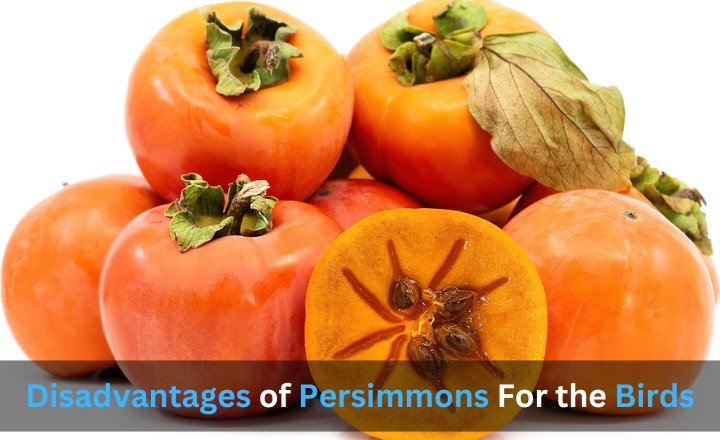
The texture and stickiness of ripe persimmons can pose challenges for birds attempting to eat them. The clingy pulp can make it difficult for birds like finches or crows to get a satisfactory meal without expending excessive energy trying to extract the flesh from their skin.
Tips For the Bird Owners
When caring for persimmon trees, it’s vital to select the right variety for your climate, as this can significantly influence fruit quality and yield. For instance, American persimmons thrive in colder zones, while Asian varieties may require a milder climate. Planting in well-drained soil enriched with organic matter will not only support healthy growth but also promote fruit production. Regular watering during dry spells is critical, avoid overwatering which can lead to root rot.
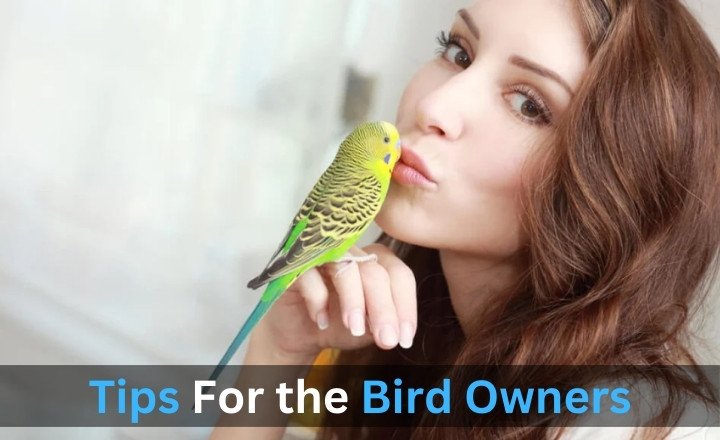
‘Can Birds Eat Persimmons’ Conclusion
Birds can safely eat persimmons, provided that they are fully ripe and free from any harmful additives. The fruit offers a variety of nutrients that can benefit avian health, including vitamins A and C, as well as dietary fiber. It’s essential to be mindful of the type of persimmon being offered, unripe or astringent varieties can pose digestive challenges for birds. By incorporating ripe persimmons into their diet in moderation, bird enthusiasts can provide an enjoyable and nutritious treat for their feathered friends.
FAQs
Are Persimmons Healthy For the Birds?
Ripe Fuyu persimmons offer a luscious sweetness that birds find irresistible, unripe Hachiya varieties contain high levels of tannins that may deter them. Understanding the differences enhances birdwatching experiences
Will Persimmons Damage Any Organ of the Bird?
They can pose specific risks to birds when consumed in excess or inappropriately. The fleshy fruit contains tannins that, while harmless in small amounts, can be toxic in larger quantities. Birds with a sensitive digestive system may struggle to process these compounds.
How Many Persimmons Can a Bird Eat?
While there’s no one-size-fits-all answer to how many persimmons a bird can eat, it largely depends on the type of bird and the environment in which it lives.
